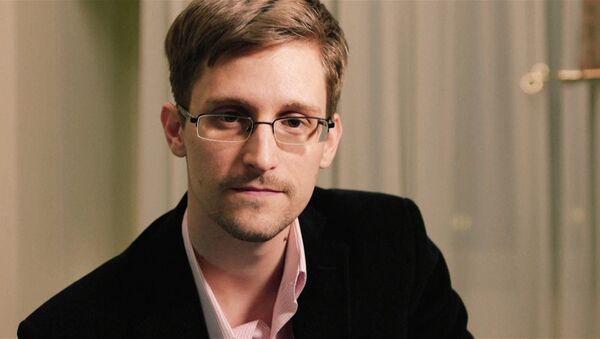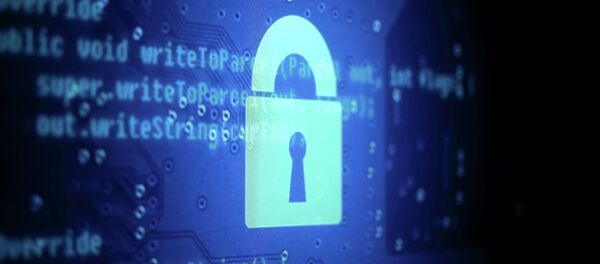Snowden — in a series of tweets between him and US creator of 'The Wire' David Simon — said intelligence agencies attempting to monitor Daesh and other terror groups by calling for the decryption of communications fail to understand how Daesh works. He said terrorist groups are more likely to rely on so-called 'burner phones' — ones that are used once only and disposed of — rather than encryption.
Snowden believes that terrorists do not rely on devices with encryption or use the same phone for long periods of time, that would enable intelligence agencies to eventually track them or their movements. He said attempts by intelligence agencies to get backdoor access to communications systems are unlikely to prove useful against major terrorist groups, who use the simpler and cheaper method of employing burner phones.
"The Wire" (2002) is helping the terrorists. David Simon wanted for questioning. https://t.co/pHDpg5LI8i
— Edward Snowden (@Snowden) March 20, 2016
@AoDespair Not really. Phones used in real-world ops are disposed on a per-action, or per-call basis. Lifetimes of minutes, hours. Not days.
— Edward Snowden (@Snowden) 20 March 2016
Snowden's twitter conversation with David Simon is significant, as the 'The Wire' dealt with the criminal underworld in and around Baltimore, Maryland. It showed the methods used by criminals in the illegal drug trade, the seaport system, the city government and bureaucracy, the school system, and the print news media. The dealers in 'The Wire' all used burner phones.
Reminder for reporters: terrorists have known cell phones are unsafe since August… 1998. https://t.co/nqcawk79PW pic.twitter.com/UcHV05jhDS
— Edward Snowden (@Snowden) 20 March 2016
Backdoor Access
Snowden's comments come amid increasing opposition to a request by the FBI to Apple to create a backdoor to the iPhone.
According to Tim Cook, CEO of Apple: "Specifically, the FBI wants us to make a new version of the iPhone operating system, circumventing several important security features, and install it on an iPhone recovered during the investigation. In the wrong hands, this software — which does not exist today — would have the potential to unlock any iPhone in someone's physical possession."



